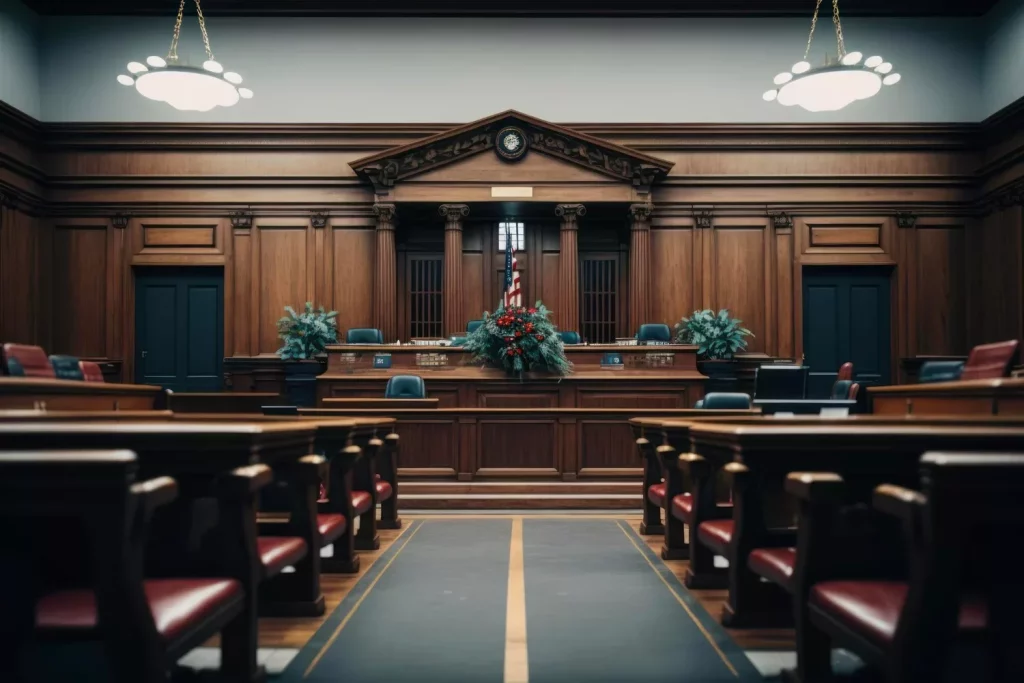Lifetime Alimony in Massachusetts: Key Information
Have you ever wondered about lifetime alimony in Massachusetts? Our experienced divorce lawyers at TheBostonDivorceLawyer can help you navigate this complex topic. Find out everything you need to know in our latest article.
As demonstrated by Massachusetts law, lifetime alimony can be awarded in certain circumstances such as long-term marriages or if one spouse is unable to support themselves. This type of alimony is designed to provide financial support until the recipient remarries or either party passes away.
Definition
This kind of alimony is usually given when one spouse has a much higher income or more assets than the other, and the spouse with less money needs help to keep their standard of living.
In Massachusetts, the amount of lifetime alimony depends on things like how long the marriage lasted, how much each spouse can earn, and the lifestyle they had during the marriage. The purpose is to make sure the spouse with less money can still live comfortably after the divorce.
Lifetime alimony is different from rehabilitative alimony, which is only given for a certain period to help the receiving spouse become financially independent. Believe it or not, in Massachusetts, judges can decide to give either type of alimony based on each case.
It’s important to know that lifetime alimony can be changed or stopped if the receiving spouse gets remarried or if there is a big change in either spouse’s financial situation. However, these changes are not automatic and must be requested through the court.
Eligibility
When deciding if someone qualifies for lifetime alimony, the court looks at several factors. These include how long the marriage lasted, each spouse’s income and financial needs, their age and health, and what each spouse contributed to the marriage.
In Massachusetts, longer marriages are more likely to result in lifetime alimony. This is because the spouses are seen as having become more financially dependent on each other over a long period. Age and health are also important factors. For example, older or sick spouses might find it harder to get a job or support themselves.
Believe it or not, the court also considers each spouse’s income and financial needs. If one spouse earns a lot more than the other, they might have to pay lifetime alimony to ensure the other can live comfortably.
Modification
Either the person paying alimony or the one receiving it can ask to change the original agreement. This might happen if there are changes in income, health problems, retirement, or remarriage.
If you want to change a lifetime alimony agreement, you need to collect evidence to support your request. This could be financial records, medical documents, or other relevant information showing why a change is needed. It’s also important to follow the legal steps, which might include filing a request with the court and going to a hearing.
You know, the court will look at the evidence from both sides to decide if the alimony agreement should be changed. They will think about how long the marriage lasted, the financial needs of the person receiving alimony, and whether the person paying it can keep making the payments.
The main aim of changing a lifetime alimony agreement is to make it fair for both parties. By following the right legal steps and showing strong evidence, people in Massachusetts can potentially adjust their lifetime alimony agreements to better fit their current situation.
Termination
Alimony can end if the recipient gets married again or lives with a new partner in a similar way to marriage. It might also stop if the recipient can support themselves or if there’s a big change in either person’s situation, like getting sick or losing a job. If the person paying alimony retires and can’t afford to pay anymore, the court might also consider ending it.
My point is, however, alimony doesn’t stop automatically. You have to ask the court to end it. The court will look at both people’s situations before deciding. It’s very important for both people to get legal help to make sure their rights are protected during this process.
Ending alimony in Massachusetts can have a big impact on both people’s money and emotions.
Court Process
This type of alimony helps a spouse who can’t financially support themselves on their own.
When deciding if lifetime alimony is needed, the court looks at things like how long the marriage lasted, each spouse’s financial needs and resources, and their standard of living during the marriage. The court also considers any other factors that might affect the financial situation of both parties.
Once the court decides to grant lifetime alimony, it sets the amount and duration of the payments. On a serious note, these payments are usually made regularly, like monthly or yearly, to help the receiving spouse maintain a certain standard of living.
If either spouse thinks that changes in their situation mean the alimony should be adjusted, they can ask the court to modify the order. The court will then review the new circumstances to see if a change is needed.

My Final Perspective
The debate over lifetime alimony in Massachusetts continues to be a contentious issue with strong arguments on both sides.
What TheBostonDivorceLawyers is recommending to get is, while some argue that lifetime alimony provides financial stability for individuals post-divorce, others believe that it can be unfair and unsustainable. Ultimately, the decision on whether lifetime alimony should be awarded in Massachusetts should consider the individual circumstances of each case.







